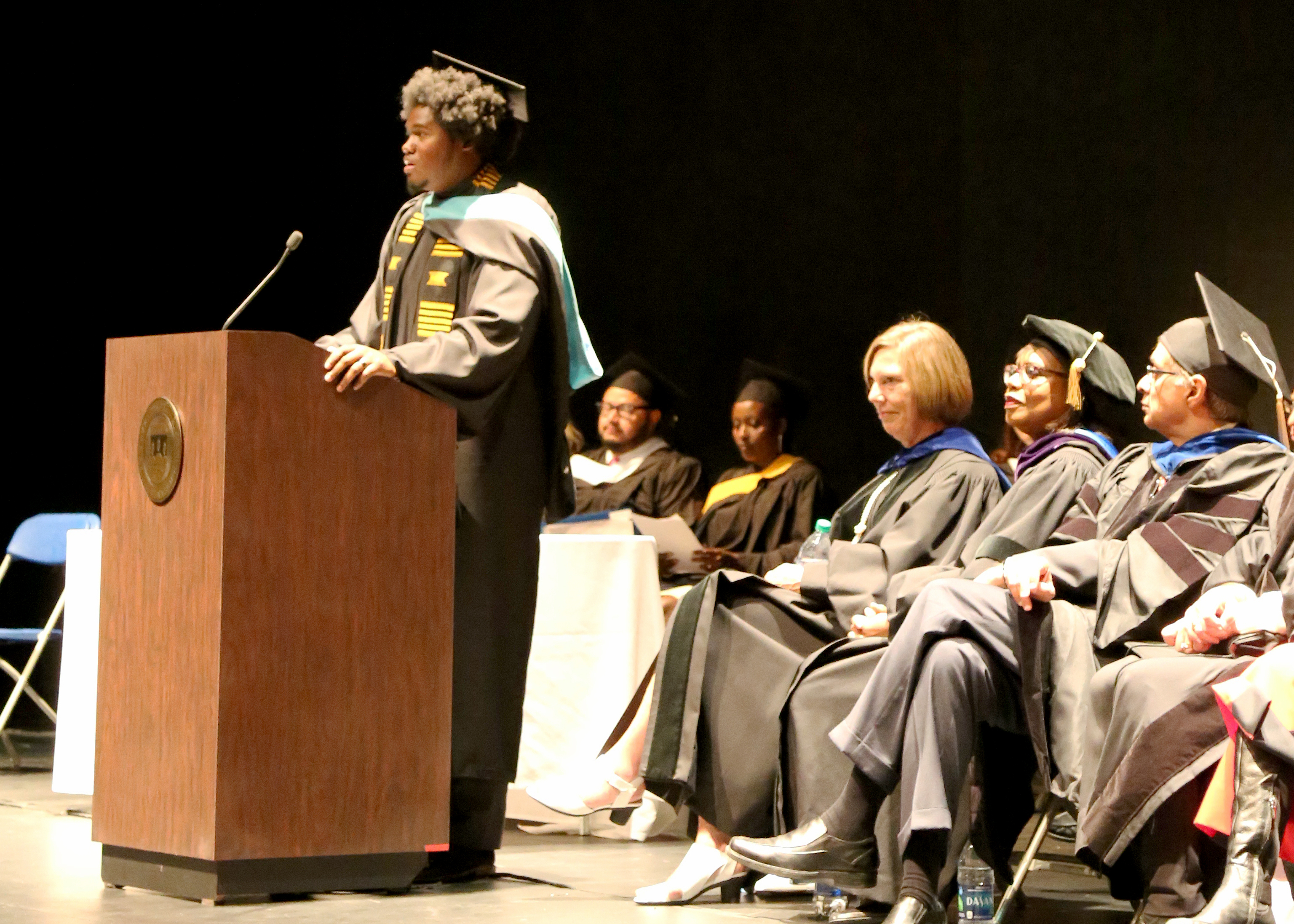
In the early 1800’s, my great great great aunt was sold to the Conolley family for a square grand piano. Her sister, Amy Pulliam, would search for her sister for the rest of her life. But her family would never see her again.
In April 1960, my grandmother sat behind bars in a Nashville, Tennessee jail. She had been arrested along with other students from Fisk and Tennessee State for sitting at a “whites only” lunch counter at the downtown Walgreens. After her release, she returned to school, the lunch counter still segregated.
In 1963, my grandfather, who was a Korean war veteran and a recent college graduate from North Carolina Central University with a degree in Accounting, moved to Washington, DC, and took the only job he could find: an orderly at a hospital. Interviewing for a bank job, he was repeatedly told that while he was qualified, they couldn’t hire a Black accountant.
In January 1972, my father, 7 years old in the middle of his second grade year, was bused across PG County, Maryland to an all-white elementary school. His mother had to ride the school bus for the first two weeks, as they passed signs with threats and warnings. Every day he had to fight as he was touched, teased, and called names.
In 2012, in my last year at North Carolina Central University, I rode around Durham with my best friend in his Nissan Xterra stealing pro-Amendment 1 yard signs out of protest to the potential state ban on same-sex marriage. I watched Brandon mobilize the entire campus to vote against the amendment, and watched his face on election night as the state voted the Amendment into the state Constitution.
My great great great grandmother’s journey looked different than my grandmother’s and my grandmother’s different than my grandfather’s, and my grandfather’s journey different than my father’s, and my father’s different than my friend’s. And they should. “The Struggle” is not a stationary or monolithic act. Instead, it is evolutionary, and always moving forward. And although the struggle we learned about yesterday may not look like the struggle we will embark on tomorrow, it is important that we hold on to a single common thread.
And that is, against all odds, justice must prevail.
These stories are important. This history represents what we like to call the “road to justice.” We use this history to inform our work and for motivation. But we have to be careful.
Often times, when we look back at The Struggle, we take a historical revisionist perspective. We tend to view these stories as the climax before an inevitable denouement. In practice, however, social justice work never follows the rosy narrative history tells.
The reality is that the road to justice is ugly, and is paved with the tears and pains of many defeats. It’s paved by the bloodied backs of enslaved Africans. By the demands of brave women who refused second class citizenship but would never see enfranchisement for themselves. By bodies battered by lynch mobs on the way to the ballot box. By parents who have lost their Black children to state-sponsored bullets sprayed from the very ones who were sworn to protect them. It is very important that we understand, that while the path to victory may not be linear and may not be clear, we must believe that against all odds, justice must prevail.
In 2012, our attempts at stopping a ban on marriage failed. And yet, on October 14, 2014, the first same-sex couple was legally married in the state of North Carolina.
Because against all odds, Justice must prevail.
My father, 7 years old, continued to be called names and harassed. And yet he paved the way for thousands of little Black children who would walk through those same doors and did not have to endure that.
Because against all odds, Justice must prevail.
My grandfather’s first job at a bank would be as an overqualified bank teller. And yet, he leveraged that opportunity into a career and sent all five of his children to college.
Because against all odds, Justice must prevail.
It would be four years after my grandmother was arrested before lunch counters in the south would be integrated. And yet, because of her sacrifice, her daughter would never have to experience the same type of overt discrimination.
Because against all odds, Justice must prevail.
My great great great aunt was never reunited with her family. In fact, they would never even find out the location of the plantation she was sold to, and yet, more than one hundred and fifty years later, my family found that very piano, and it sits in a family living room as a reminder that against all odds, Justice must prevail.
There are hundreds of stories in this room today. Hundreds of struggles, hundreds of defeats, and also, hundreds of victories. And despite the differences of our stories, at their core, is a belief in the face of the most disparaging odds, Justice must prevail.
As we walked across the stage and that hood was placed on our shoulders and that diploma placed in our hands, so was a privilege and a responsibility. It is our duty to battle ignorance, to strike down iniquities, and to slay hatred wherever it may hide.
The pursuit of justice is not a choice. Justice is not convenient. Justice is not optional. Justice is a mandate and it is a promise. When you leave this place, and your work gets hard, because it does, and your faith waivers, because it will, you must stand tall, look the world in the eye, and declare that Justice must prevail.
